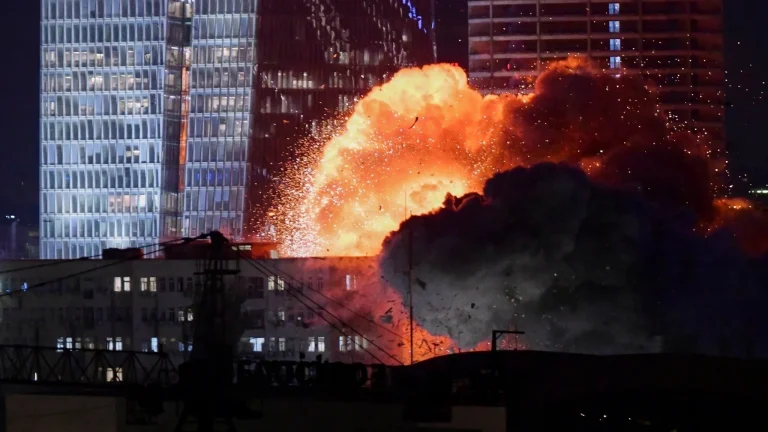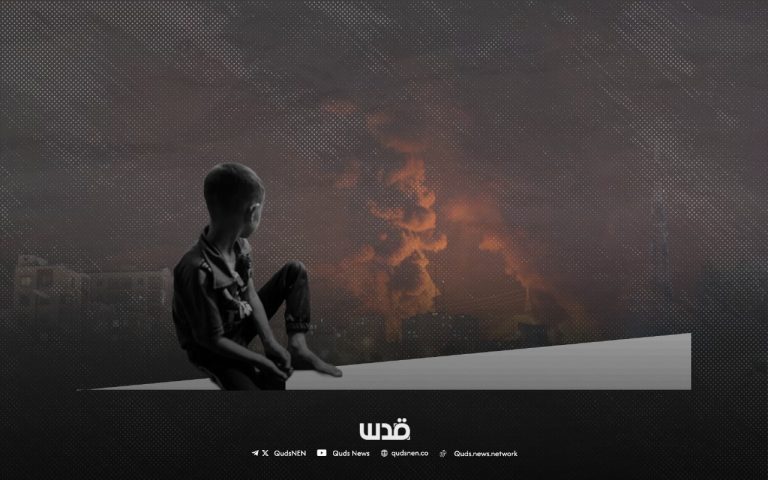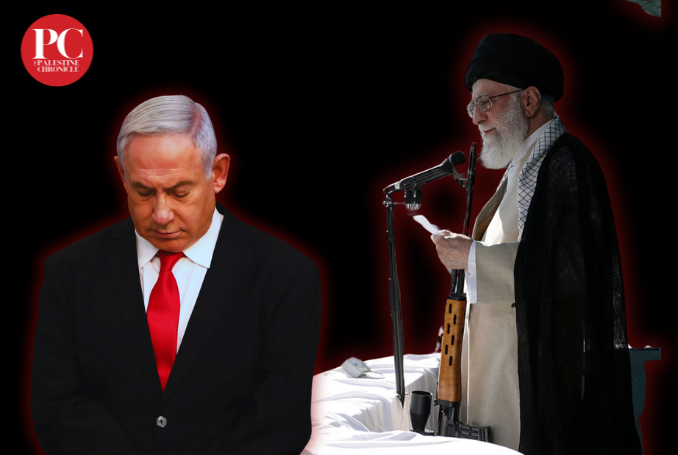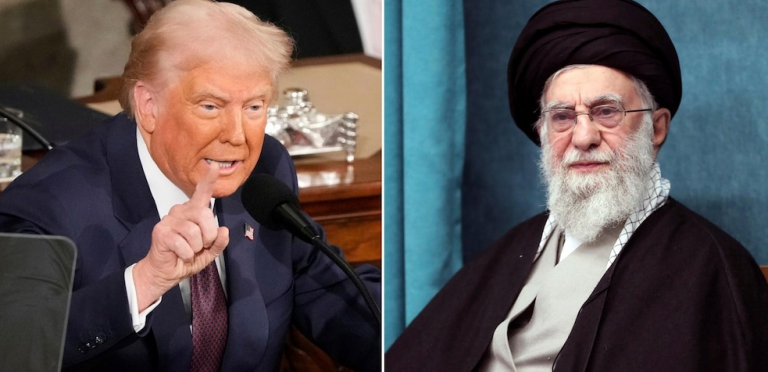‘Satanic acts’: Iran’s Dr. Foad Izadi on Israel’s New Regime Change War
The Grayzone's Max Blumenthal interviews Dr. Foad Izadi, professor of world politics at the University of Tehran, amid Israeli airstrikes on Iran which assassinated nuclear scientists and military officials while killing many civilians. As one of his country's most prolific political commentators, Izadi critiques the Iranian president's diplomacy with the US, Trump's perfidious actions, and the mood of Iranian society.















